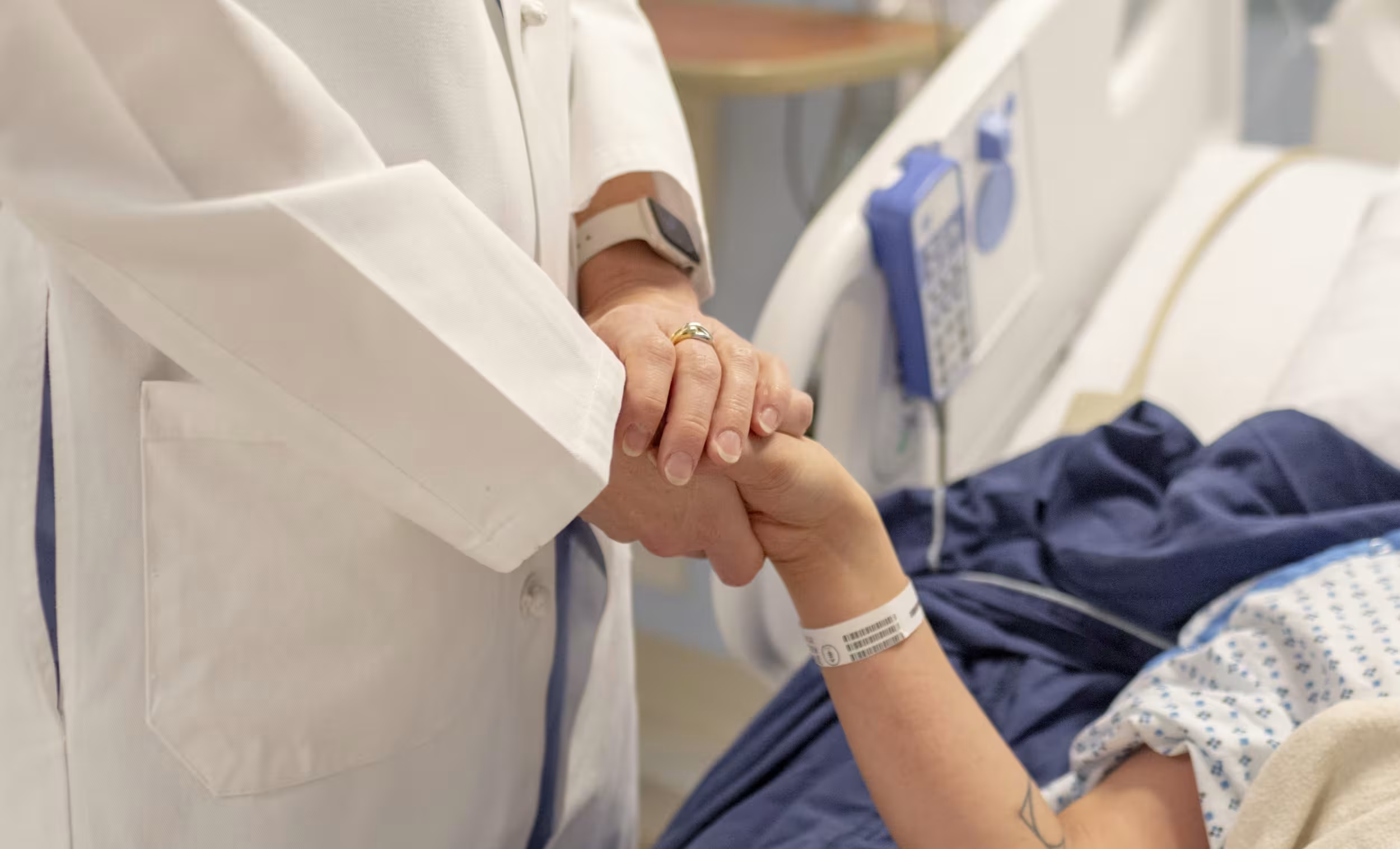
The latest cancer statistics report from the American Cancer Society (ACS) paints a complex picture of our struggle against the disease. While cancer mortality rates are declining, a worrying trend emerges: younger people are being diagnosed at an increasing rate. This bittersweet news highlights both the progress we’ve made and the challenges that lie ahead.
This week, the Wall Street Journal delved into this story, seeking expert insights from several scientists, including Dr. Karen Glanz, a Penn cancer epidemiology powerhouse. Dr. Glanz, co-leader of the Penn Medicine Abramson Cancer Center’s (ACC) cancer control research program, provided independent commentary on the ACS report, shining a light on both the good and the not-so-good news.
The encouraging side? The report reveals that 42% of cancers in the US can be attributed to modifiable risk factors like smoking, diet, and lack of exercise. This means that through proactive measures, we can potentially prevent nearly half of all cancer cases. “If we focused on physical activity, diet, and obesity as major risk factors for some cancers, the payoff could be enormous,” Dr. Glanz emphasized.
Dr. Glanz’s leads the Penn Prevention Research Center and the Center for Health Behavior Research and co-leads the Cancer Control Program at ACC. Her ongoing studies focus on promoting physical activity and reducing obesity, directly addressing the modifiable risk factors we can control.
But Dr. Glanz’s work is also driven by a passion for community engagement. Her leadership in the Philadelphia Communities Conquering Cancer collaboration is a testament to this. This initiative unites leading cancer centers with local leaders, empowering Philadelphians to fight cancer disparities through community-based interventions, resource sharing, and research.
So, while the ACS report reveals a sobering reality for younger cancer patients, it also underscores the immense potential for prevention. By focusing on modifiable risk factors and empowering communities, we can turn the tide on this disease. Research by Dr. Glanz and her colleagues provides a beacon of hope, a testament to the power of research, community engagement, and a relentless pursuit of a healthier future.